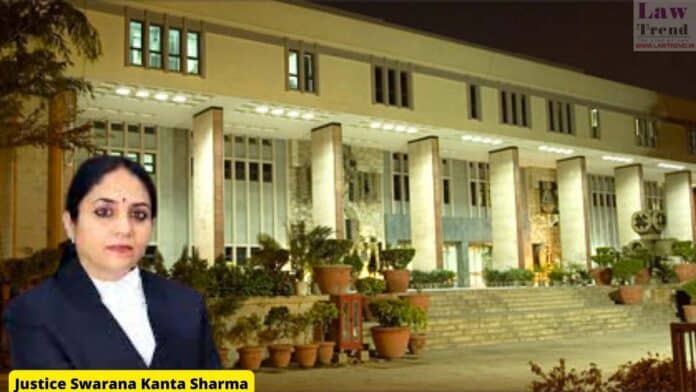The Delhi High Court has ruled that a rape victim’s refusal to undergo an internal medical examination is not a valid reason to discharge an accused at the stage of framing charges, especially when her statements provide a prima facie account of the assault. Justice Swarana Kanta Sharma upheld the framing of charges for rape
To Read More Please Subscribe to VIP Membership for Unlimited Access to All the Articles, Download Available Copies of Judgments/Order, Acess to Central/State Bare Acts, Advertisement Free Content, Access to More than 4000 Legal Drafts( Readymade Editable Formats of Suits, Petitions, Writs, Legal Notices, Divorce Petitions, 138 Notices, Bail Applications etc.) in Hindi and English.




